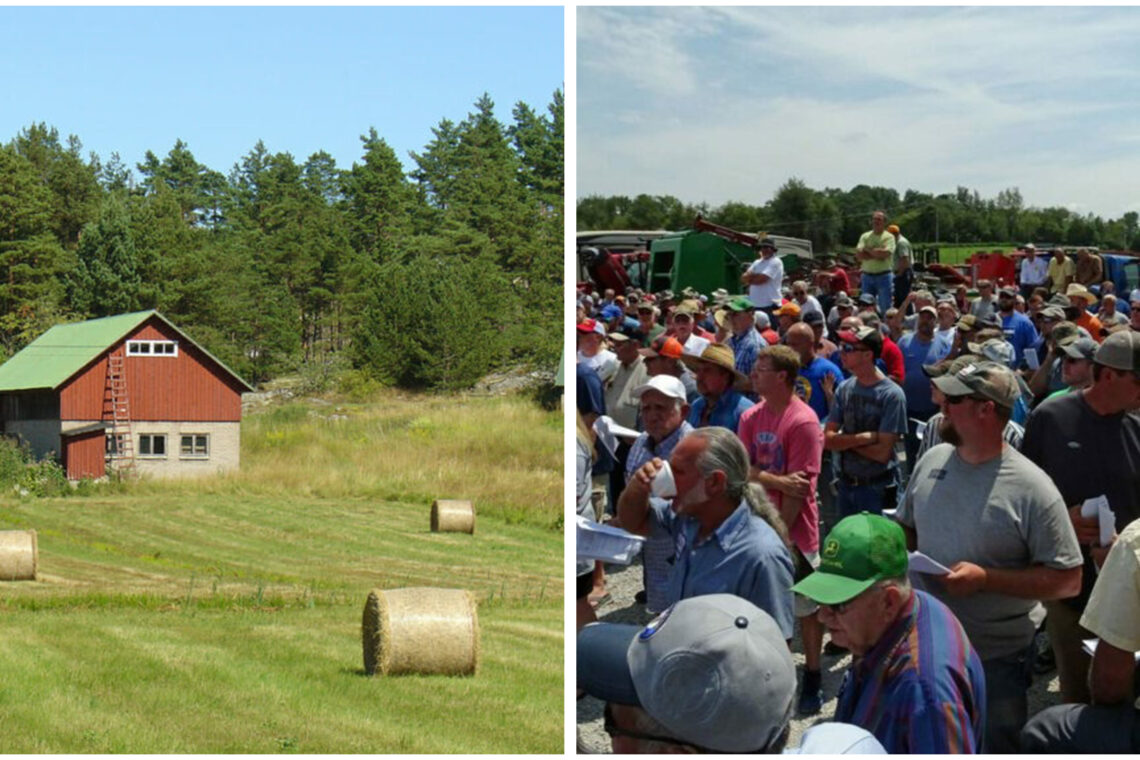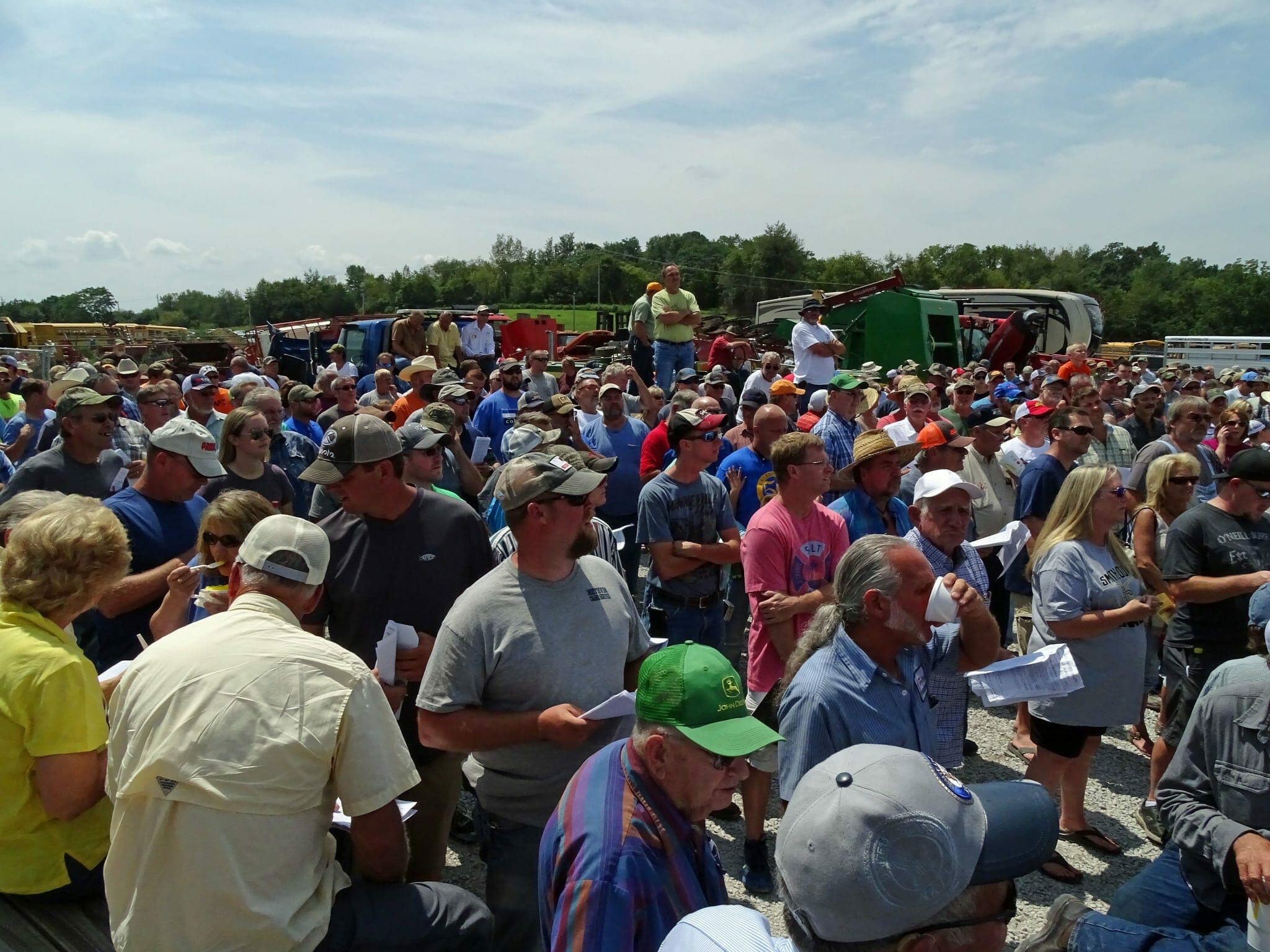
Every family carries a history, a blend of memories, struggles, and achievements, passed down through generations. Sometimes, these legacies are filled with warmth and love, while other times, they come with hardship and loss. It’s not uncommon for families to preserve their stories through treasured heirlooms or even the homes they live in, creating a sense of continuity that binds each generation together.
In the past, people often inherited everything from their ancestors, from family businesses to the very land they worked on. Life choices were limited, and personal aspirations took a back seat to tradition. If a father was a craftsman, such as a shoemaker, the expectation was that his child would follow in his footsteps, taking over the business and family responsibilities. Independence in career or lifestyle choices wasn’t common; instead, the family’s way of life became the child’s destiny. This pattern allowed for continuity but left little room for individual dreams.
David, a man living in the heartland of Nebraska, United States, knows this story well. For generations, his family had worked the land, dedicating themselves to farming. Decades of sweat and devotion had cemented their connection to their 80 acres of land—a piece of Nebraska soil that held the memories and sacrifices of generations before them. His ancestors had toiled over the soil to build a stable future, a tradition that David felt honored to carry forward. Farming wasn’t just a job; it was the family legacy, and David planned to continue this tradition, working side by side with his family.

However, life has a way of throwing unexpected curveballs, and one day, a surprising decision turned David’s world upside down. The land, which had been in his family for decades, was willed to a distant relative. Unfortunately, this individual didn’t share the same emotional attachment to the land and quickly sold it. In a matter of minutes, what David’s family had built over decades disappeared in a financial transaction at the bank, leaving them heartbroken and empty-handed. They had lost more than just property; they had lost a piece of their family’s identity.
Despite this setback, David couldn’t shake the feeling that he needed to regain the land. The memories of his family working together on that very soil filled his thoughts. As the years went by, he held onto the hope of reclaiming the land, although the odds seemed impossible. He felt that somehow, he could continue the story that his ancestors had started. This determination became a quiet but powerful motivator, guiding his dreams of restoring the family business to its former glory.
Years after the land had been sold, fate gave David a glimmer of hope. The property was unexpectedly listed in a public auction. Although he didn’t have a vast fortune, David and his father pooled every bit of money they could gather. They sold items, sacrificed comforts, and scrimped wherever possible. They were determined to try and win back what was once theirs, even if their resources were modest compared to others who might bid at the auction. For days leading up to the event, David and his father could hardly sleep, envisioning their long-lost land back in their hands.

Finally, the day of the auction arrived. David and his father entered the packed room and were instantly overwhelmed. Around 200 other farmers filled the space, each one potentially eyeing the same land that had once belonged to David’s family. Doubts began to creep in, and their spirits faltered as they realized how slim their chances were. Still, they clung to the small hope that, somehow, the outcome would favor them.
When the auctioneer introduced the property, David and his father placed the first bid. Their hearts pounded as they waited for someone to outbid them, fully expecting others to jump at the opportunity. But then, something unusual happened. The room fell silent, and the seconds ticked by without a single raised hand or a competing offer. David was puzzled, as was the auctioneer, who seemed equally taken aback. After a pause, the auctioneer attempted to prompt the crowd again, inviting anyone else to bid. Yet, silence continued to fill the room.
In an unexpected turn, the auctioneer called for a break, hoping the farmers would regroup and return with renewed interest. This break was followed by a second and then a third, but each time the crowd remained quiet. No one was willing to place a higher bid. With no choice left, the auctioneer struck the gavel, and in that moment, the land was officially David’s again.
David and his father were overwhelmed by a mix of relief, gratitude, and disbelief. It felt like a miracle, a gesture of respect and kindness from nearly 200 farmers who understood the significance of the land to David’s family. None of them knew David personally, yet they empathized with his desire to reconnect with his family’s legacy. Their collective decision to let David and his father win the bid went beyond generosity; it was a rare show of unity and respect, honoring a family’s deep-rooted connection to the land.
Reflecting on that day, David describes it as one of the most humbling moments of his life. He recalls two profound days that impacted him deeply: the day his son was born, and the day of the auction. The kindness shown by a room full of strangers left an indelible mark on his heart. For David, the memory of that auction was not just about winning back land; it was about the strength of human compassion and community spirit.
Today, David and his family continue their farming legacy, each day building on the history his ancestors left behind. Thanks to the kindness of fellow farmers, he was able to reclaim a vital part of his family’s heritage. That day not only restored a piece of land but also renewed David’s faith in the power of goodwill among people. The auction might have ended in silence, but the story of that day speaks volumes—a reminder of how respect and empathy can change someone’s life forever.